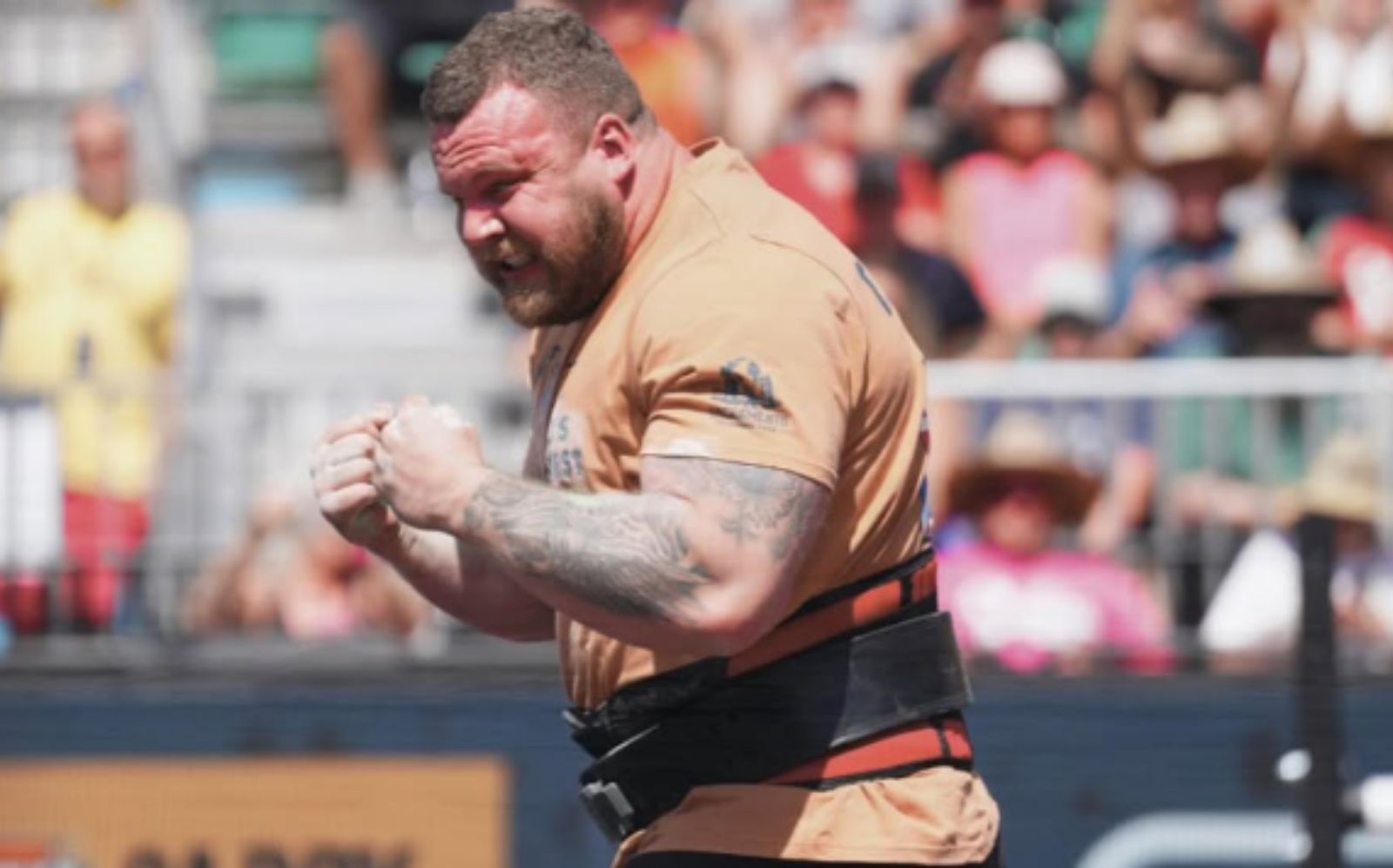If you’re having trouble cutting fat, you may think that drastic times call for drastic measures. However, before you start getting too hardcore, there are a few things to think about when it comes to your diet: the effect it has on your hormones. Hormones play an important but complicated role in fat loss and muscle growth. Problems with your diet could be interfering with hormonal activity.
Your body produces a variety of hormones that have many different functions. Dieting to lose body fat often impacts the production and functioning of some of these hormones, including hormones that are responsible for the growth and maintenance of muscle tissue. When levels of these hormones decline, you can lose muscle mass and even start retaining fat.
One problem a lot of bodybuilders experience when trying to cut fat is that they restrict their diets too much. Overdieting interferes with several different hormonal processes. Four of the most severe effects of overdieting are a severe drop in thyroid function, decreased testosterone and leptin levels and compromised immune function. Avoiding overdieting will help you prevent these issues, keep your hard-won lean muscle mass and drop fat.
Decreased Thyroid Function
Your thyroid is a gland that governs your metabolism. Thyroid hormones regulate energy use in your body (in the form of burning calories), and they are responsible for muscle protein synthesis. Your thyroid can either accelerate, slow down or even completely stop muscle protein synthesis in response to your diet.
Strict dieting often results in a drastic drop in the hormones that regulate muscle protein synthesis. This process is responsible for a lot of the boost in metabolism that you get from building muscle. When it slows down, your body is slower to burn calories, resulting in slower fat loss even though you’re eating less.
Decline in Testosterone Levels
Elevated levels of testosterone help you build and retain muscle tissue. However, it also helps you to burn fat by performing two important functions. It interferes with the function of an enzyme called lipoprotein lipase, which pulls fat from your system for storage in fat cells. T
estosterone also causes beta receptors to increase in number.
Beta receptors are organelles in fat cells that burn stored fat as energy. A drop in testosterone levels is likely to lead to a loss in muscle mass and an increase in stored body fat, two things that will definitely mess up your plans to cut fat.
Decline in Leptin Levels
Leptin is a weight regulating hormone. When you diet too strictly, leptin levels decrease. A lack of leptin is likely to give you intense cravings for food. Cravings often cause people to eat more than they really want or need to. Low leptin levels will also make it harder for you to lose body fat, since your metabolism is likely to slow down.
Compromised Immune Function
Your body’s immune system does more than just keep you from getting sick. It also protects your body from the stress of working out. Stress does several things to your body. Exercise results in an increase in free radicals, molecules that have harmful effects on your body’s tissues.
A healthy immune system normally protects your tissues from free radicals, but when your immune system is compromised, it cannot prevent free radicals from damaging your body.
Free radicals also have a negative effect on your body’s tolerance for insulin, causing insulin resistance and impairing muscle protein synthesis.
Stress also causes elevated levels of cortisol, a stress hormone. Cortisol can cause testosterone levels to decline, which can lead to increased fat storage and a decrease in muscle tissue. Cortisol also directly causes some muscle tissue breakdown.
Better Dieting:
Now that you know some of the potentially disastrous effects of overdieting, you may be looking for some different diet strategies. Here are a few guidelines to help keep you strong while cutting fat.
Keep Simple Carbohydrates in Your Diet
Complex carbohydrates are a valuable part of your diet, but many people trying to cut fat completely cut simple carbohydrates out of their diets, sticking only to complex carbs. Complex carbohydrates are more slowly digested due to the amount of fiber they contain. Slower digestion means lower levels of insulin, which can help cut fat. While it’s true that simple carbohydrates can increase fat storage by causing insulin spikes, they are still important for that very reason.
Insulin helps shuttle nutrients to your body’s tissues, including the ever-important amino acids and glycogen to your muscles. When you have insulin spikes that occur without excess calories, your muscles get the nutrients they need but your body doesn’t store fat because there is nothing to store.
Some trainers and nutritionists suggest that, when you are trying to burn fat, you reserve two training days out of ten to get your carbs from simple carbohydrate sources: white rice, fruit juices, bagels, instant oatmeal, etc. The increase in insulin levels will help maintain your muscle tissue, but since you’re incorporating the simple carbohydrates into your macronutrient intake, you won’t store extra fat.
No More Than a 30% Carbohydrate Reduction
Decreasing your carbs by about 30% will definitely cause your body to start burning fat, but a decrease more extreme than that is likely to cause one or more of the hormone function issues described in this article while slowly decreasing your muscle mass. Less drastic diets take longer than you would probably like but help you retain muscle mass while burning fat.
Fewer Carbs on Rest Days
When resting, a sharp decrease in carbs while an increase in protein is appropriate. 2 grams of protein per pound of bodyweight and about 100 grams of carbs on your off days will help your muscles absorb glucose and store it as glycogen when you return to your normal training day diet. The carbohydrates are stored in your muscles and keep them from being stored as fat, while keeping your body in an anabolic state, allowing you to burn more fat.
Cheat When Your Metabolism Slows Down
Many people swear by cheating once a week, but it may be more beneficial to hold off on cheating until your metabolism begins to slow. This usually occurs about two to three weeks after you begin your diet. Cheating occasionally at this point can help you keep your body from experiencing the impaired hormone function we talked about earlier, preventing muscle loss and getting you back on track to burning fat.
Cardio Within Reason
Don’t go nuts with your cardio. It’s true that it will help you burn fat, but overdoing it can grind your metabolism to a halt, decreasing hormone levels that are necessary for burning fat and building and maintaining muscle. If you overdo cardio while you’re overdieting, you’ll double its destructive power. You’ll probably lose a lot of muscle mass and retain fat tissue.
Four times a week for 45 minutes should be your limit for cardio. This will keep your body burning fat but it won’t wreak havoc on your muscles.
Conclusion
As with all things, moderation is key when it comes to dieting to cut fat. Pushing yourself too hard on insufficient nutrition is a recipe for disaster that could leave you scrambling to undo the damage you cause. The results you want are going to come from a more sustained, more moderate fat-loss diet.










